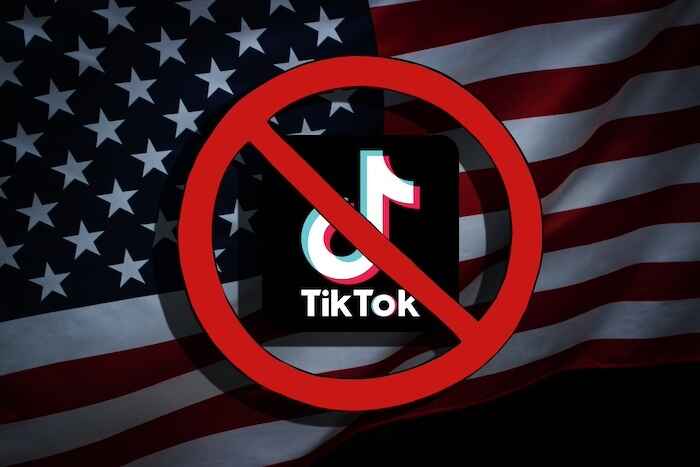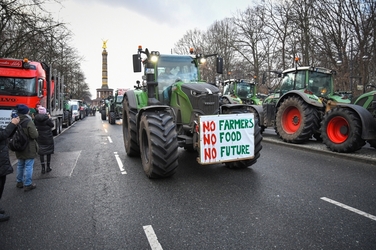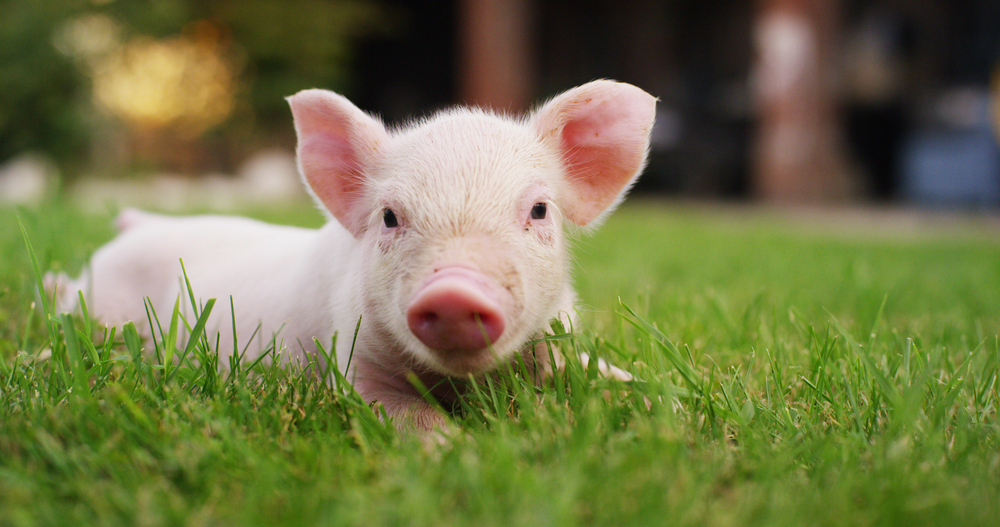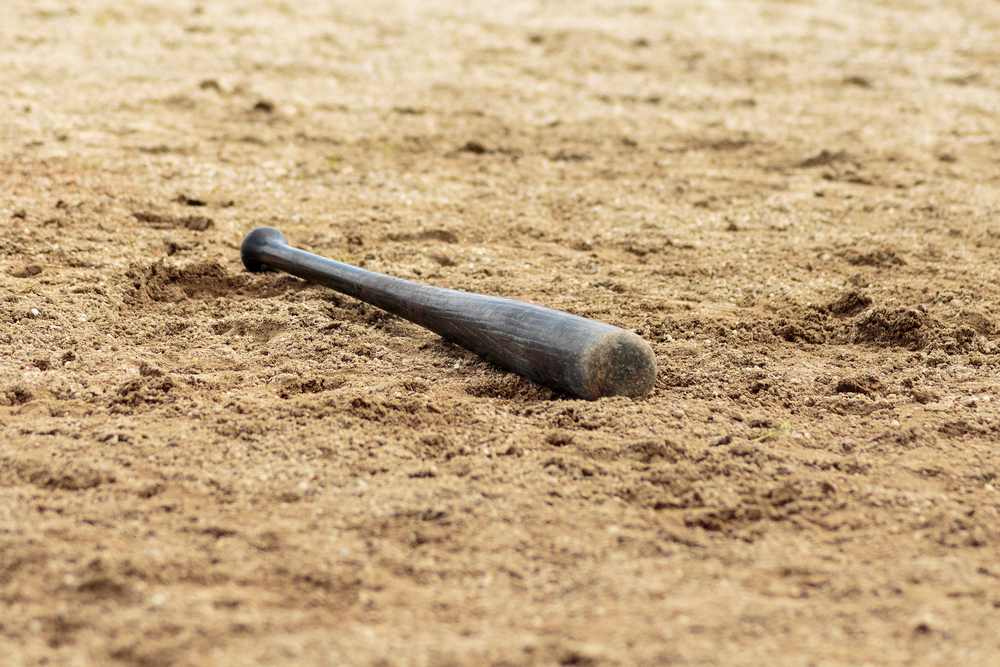The Crucial Factor in Our Decision Making
Joel Salatin|October 11, 2022

Editor’s Note: This week, Joel responds to a heartbreaking letter from a reader… and shines a light on how we make decisions about our lives and our money. Check it out below and send your thoughts to mailbag@manwardpress.com.
My recent essay about competition in the meat industry (four companies control roughly 80% of the U.S. market) elicited a heartbreaking but illuminating letter from a reader whose father-in-law signed up to raise chickens for Tyson.
The farmer thought this was his ticket to a multigenerational farming legacy. But after the initial honeymoon period, he began to distrust his Tyson benefactor.
Most Americans have no clue how these grower contracts are written. Suffice it to say that the best legal minds corporations can hire write the contracts.
A company like Tyson lends the money to build a chicken house (around half a million dollars), but it owns the chickens and the feed and stipulates all infrastructure and procedures regarding production.
The company dictates when chicks will come, how many will come and when they will go to slaughter. Every batch normally requires a new contract.
In other words, the farmer borrows hundreds of thousands of dollars and has no guarantee that the company will use his facility to grow chickens. If a farmer is close to paying off his loan, the company will normally require expensive upgrades that extend the debt.
With such a one-sided arrangement, the honeymoon wears off fairly quickly. Farmers often begin questioning the amount of feed delivered, the weight of the birds and other things that affect their payment formulas.
It gets worse… Several years ago, a grower befriended me and wanted to start a pastured poultry enterprise as a side hustle, selling to friends and neighbors. His contract prohibited him from having any chickens on his property outside the industrial house.
You may be wondering… “Why in the world would a farmer sign an agreement like this?”
Good question.
In our own family farming experience, we’ve been courted by these big boys. Whenever one starts his sales pitch, we run the other direction as fast and as far as we can.
But good-hearted and honorable neighbor farmers sign up, voluntarily. In fact, Tyson and friends have waiting lists of farmers eager to enslave themselves to this servitude.
Why?
The answer is simple: paradigm. If ever worldview bore on a decision, this would be it.
I’m going to say some hard, even harsh things about farmers, but these things apply to virtually all vocations.
How we see the world determines how we make decisions.
Right now, if you think the Fed and Wall Street have everything under control, you’ll invest your money one way. If you think the Fed and Wall Street are getting ready to be slapped around by forces even they can’t control, you’ll make other decisions.
Right now if you think public education will prepare your youngster for a noble adult life, you’ll make one decision. If you think government schools are heading down a dysfunctional path, you’ll make another decision.
This is not about sincere or insincere people. It’s not even about smart or stupid people.
It’s about paradigm, or worldview.
These farmers eager to place themselves in servitude to a global outfit with absolutely zero guarantees to protect their interests believe these outfits are as noble-minded as themselves.
These farmers think Tyson and organizations like it look for fairness in their transactions and want to be neighborly in their dealings.
These dear farmers can’t imagine the kind of conniving, self-protective, mercenary shenanigans that drive the C-suite offices. To be sure, I’m not saying any of this is illegal nor should it be. I’m not advocating a government oversight agency to mandate justice.
Our family never stood in line for a Tyson grower contract because everything Tyson stands for is opposite of our paradigm.
Tyson and friends believe life is fundamentally mechanical, not biological. They believe food should be cheap, not authentic. They believe toxins, from antibiotics to chlorine, serve a wonderful purpose in food safety. They believe chickens don’t deserve fresh air, sunshine and green grass. The thought of happy chickens never entered their minds. They believe stinking up the neighborhood is necessary to feed the world. They believe the carbon-to-nitrogen ratio doesn’t matter.
I could go on, but you get the picture.
By and large, farmers believe all these things… and because they do, they are easily duped into believing the C-suite is just like them in other areas of life.
Farmers tend to be conservative in their values and as a rule believe in good faith, keeping your word, demonstrating loyalty and honoring relationships.
But a production model that cares not a fig whether a chicken is happy won’t care whether its farmers are happy. Or its customers, for that matter. A production model chasing cheapness will inherently reduce its team players to serfs.
Although most folks aren’t farmers, I think this explanation of why people make the decisions they do can give us all food for thought.
My decisions grow directly out of how I see the world. That’s why our family said no while others said yes.
It’s really that simple.

Joel Salatin
Joel Salatin calls himself a Christian libertarian environmentalist capitalist lunatic farmer. Others who like him call him the most famous farmer in the world, the high priest of the pasture, and the most eclectic thinker from Virginia since Thomas Jefferson. Those who don’t like him call him a bioterrorist, Typhoid Mary, a charlatan, and a starvation advocate. With a room full of debate trophies from high school and college days, 12 published books, and a thriving multigenerational family farm, he draws on a lifetime of food, farming and fantasy to entertain and inspire audiences around the world.





